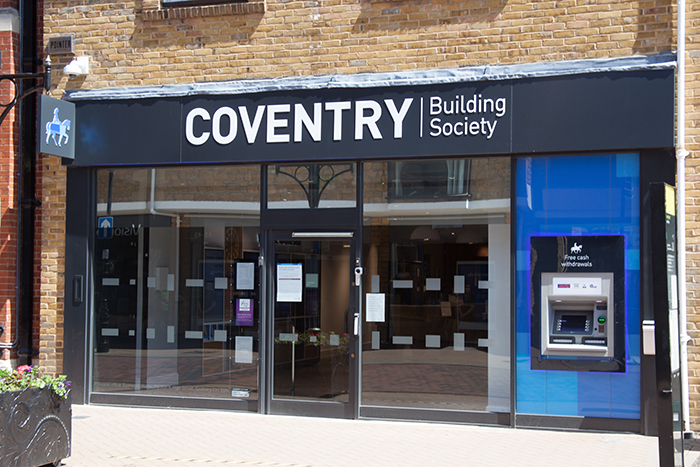
There is plenty of comment about the value of mortgage broking to consumers and lenders, but little focus on its value to those who actually do it. The focus is always on transactions; rarely on the people who own and run the businesses.
However, what all broking owner-managers have in common – and as a committed intermediary lender we understand this – is a need to ultimately realise the value of their own business. This is increasingly important because the demands on these businesses are also changing for their owners. People are working longer and retiring later. According to the latest figures from the Office for National Statistics, it is projected that one in four people in the UK will be aged 65 years and over by 2050. Last year, the number was one in five.
When the state pension was introduced, it adequately reflected the realities of the time. Today it does not, with lifespans expanding and the need for supplementary retirement income becoming more apparent.
Exit plan
A long-standing piece of ‘advice’ from many whodo not even own their own firm is that, before you start a business, you should know how you will exit it. The truth is, however, as anyone who has set up a company knows, you don’t plan for a separation just as you are fully committing to a life-changing project.
Nonetheless, understanding the value of what you have built is important if you expect it to fund your later years. As an owner and director of a mortgage-broking firm who will want to exit one day, you need to come to terms with the concepts of value that will determine the path you take in the future.
Valuations of mortgage-broking companies employ various methodologies that may include notions based on income multiples or goodwill payments. But every method has its drawbacks. Issues such as consumer loyalty to a business writer – who may depart at any moment – can provide a sharp reminder of the fragility of any future earnings speculation.
Furthermore, the highly transactional nature of mortgage-broking firms, which are often very hand-to-mouth, means the long term can be difficult to envisage in a subdued market with fewer transactions. Long periods often elapse between sales – people stay in one home far longer these days – and so, for many firms, the steady stream of mortgage advice sales is squeezed. Even if recurring fee revenue could be estimated as the volume of repeat business, in our new world of lower transactions and longer-term fixed-rate products, this is not an easy sell.
The truth is that revenue in terms of mortgage procuration fees isn’t recurring. Unlike other financial services companies that earn income after the initial sale over the lifetime of the product, there is no trail commission in mortgage sales, which means understanding its value beyond the cash at that moment of sale is difficult.
Short memories
Memories can be short. During the global credit crisis, many brokers who not only survived but thrived made their money through life and protection sales. The restoration of the mortgage market, and the reduction in the number of brokers, have seen many forego these products again in pursuit of business income made up of mortgage proc fees. This is understandable, but I fear it is unsustainable in the long run.
The growth of five-year-plus fixed-rate products means the regular pipeline of remortgage work will dry up – even more so when many of these deals are captured as product transfers. Selling ancillary products such as protection isn’t just good business sense for your bottom line – clients’ financial needs go far beyond those of the mortgage and associated protections. Buildings, critical illness, and accident, sickness and unemployment insurance are all pertinent to the climate, public health and economic risks we face as homeowners who want to protect our loved ones.
If you want to sell your business, mortgage income alone will not sustain a valuation, but protection and life products offer annual income and, as such, a much-improved opportunity of embedded future revenue. The mortgage may be the cashflow star but ancillary sales offer the more easily measured cashflow future.
Running your own business can be very rewarding but it should not make you a prisoner of your future. The best way to avoid that is to build something that others will want to take off your hands.



